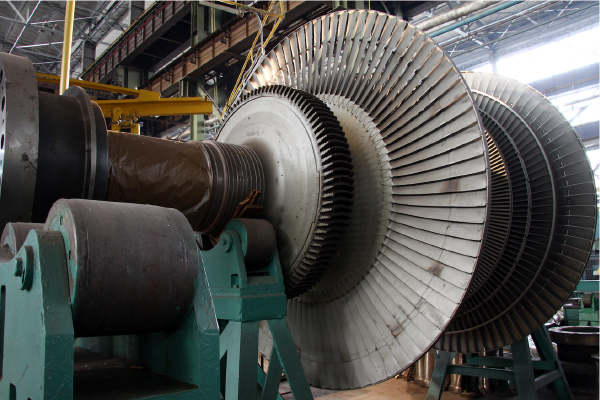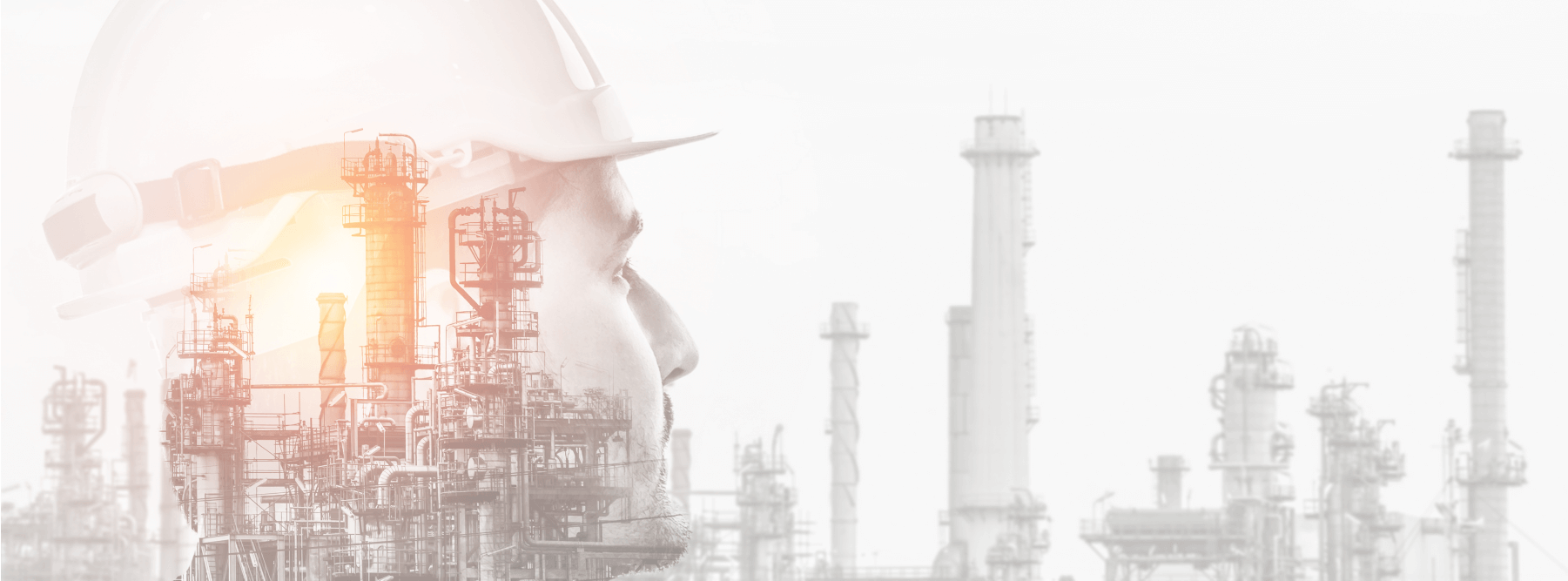This blog is for industry professionals seeking a deep understanding of oil analysis. By honing in on three fundamental questions, we aim to provide a guide tailored to those navigating the intricacies of machinery diagnostics.
Whether you're a seasoned expert or a newcomer, our focus on these critical principles will empower you with valuable insights and expertise for effective oil analysis outcomes.

1. What Condition is the Oil in?
The first question mirrors the meticulous scrutiny applied to various processes. Viscosity emerges as a critical characteristic, offering insights into the lubricant's ability to reduce friction and absorb shock. Whether in a manufacturing setting or a complex industrial environment, the health of the lubricating oil influences the efficiency of the machinery.
2. What Condition Are the Additives in?
Like the comprehensive evaluation of an operating context, oil analysis requires a broad perspective. Additives introduced into the lubricating oil are vital in enhancing its inherent features. Including rust and corrosion inhibitors, anti-wear agents, viscosity improvers, anti-foaming agents, and extreme pressure additives demands attention. Assessing the conditions under which these additives operate is crucial, reflecting the parallel with understanding an industrial system's environment. By analyzing the state of additives, one can gain valuable insights into the system's performance.
3. What is Floating in the Oil?
The third question aligns with the meticulous examination of debris and evidence in various contexts. Particles or debris found in oil analysis results provide valuable clues about potential wear or system failure. Understanding the composition of these particles, such as aluminum, barium, calcium, copper, molybdenum, iron, silicon, and tin, is essential for assessing the health of the machinery. This parallels identifying and interpreting evidence in various industrial settings, where the minor components can provide comprehensive insights.
Drawing Parallels
The common thread in oil analysis and broader industrial processes is the need for a complete understanding of systems and processes. As emphasized by professional bodies, stakeholders influencing performance and safety must have a deep knowledge of the intricacies involved. Oil analysis requires collaboration among experts in lubrication processes, chemistry, and equipment to ensure a comprehensive approach.
The Significance of Comprehensive Analysis
The transition from scrutinizing an operating context to the nuanced world of oil analysis might seem subtle. Yet, the underlying message remains clear: recognizing and understanding the significance of every detail is vital. Whether assessing the health of lubricating oil or interpreting microscopic particles in an oil sample, the emphasis lies in our capacity to comprehend and act upon the information presented.

As you embark on the journey of oil analysis, remember that confidence in your understanding is crucial. With CRE Philippines, you can start your MachineDiagnosticsTM Program through oil analysis with our unwavering support at every step. Our program is complemented by the enlightening Machine Wear Analysis Basic (MWAB) Seminar, ensuring your team is well-versed in the best lubrication practices. We boast a dedicated support team ready to address all your concerns related to our reports. Furthermore, our capable and certified Lube Analysts and Machinery Lubrication Consultants are at your disposal, providing expert advice and comprehensive, actionable recommendations whenever you seek in-depth explanations.
Take the first step towards enhanced machinery performance and longevity with CRE Philippines. Embrace the power of comprehensive oil analysis, backed by our expertise and unwavering support, to optimize your machine diagnostics program. Contact us today and empower your team with the knowledge and tools for proactive and effective maintenance practices. Your machinery's future reliability starts with a commitment to comprehensive analysis – let CRE Philippines be your trusted partner in this journey.
Source:
Ross, J. (2023, July). What Am I Looking At: 3 Questions in Oil Analysis. Machinery Lubrication. https://www.machinerylubrication.com/Read/32430/three-questions-oil-analysis


